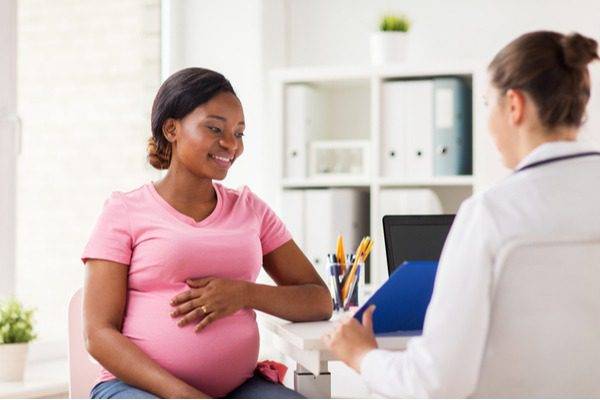They say everything can change in pregnancy. Your hair, your eyesight, and your skin. And there’s a lot to unpack with that pregnancy glow everyone talks about. So, let’s jump into pregnancy skin and what you may deal with during this time of change.
When Do Changes Start?
Your skin can change as soon as the first trimester, but you may not experience anything until the second or third trimester. You may also see changes in all three trimesters or not at all!
Skin issues are extremely common during pregnancy, so don’t be surprised if you happen to experience more than one as well.
What Causes Skin Changes?
You probably already know the answer to this one: hormones, of course. There are two primary effects of the hormones on your skin:
- Your pores secrete more oil during pregnancy
- Your immunity is suppressed to protect your baby
Together, these contribute to several common skin troubles, and some more concerning ones.
Pregnancy Skin Issues
Acne
Acne is especially common during the first trimester when the hormones are taking you on a wild ride. You can talk to your doctor about ways to control it including creams, new face wash, and acne medicine.
Stretch Marks
More than half of pregnant women develop stretch marks, a sign that your skin has stretched quickly. It’s no wonder too with a growing belly and breasts. You can try to fight them with cocoa butter creams, but doctors say it won’t help much. Some women are predisposed to stretch marks. Maintaining healthy weight gain within the limits suggested by your doctor can help you avoid stretch marks, but it’s best to accept that you may get them and they are your Mommy Badge.
Dry/Oily Skin
Your skin may dry out during pregnancy where you had oily skin before. Or you may find your skin oilier than before. These issues are cause for a new skin regimen which may include switching your face wash and moisturizer.
Itchiness and Rashes
Around 2/3 of women will experience itchiness on their hands, feet, and stomach during pregnancy. This is due both to hormones and stretching skin that dries out quicker. Find a good lotion for hands, feet, and body to help stop scratching.
Skin Tags
Skin tags are floppy pieces of excess skin that can grow anywhere on the body. They are harmless, but they typically do not disappear after the baby comes. You’ll need a dermatologist’s help removing them via freezing, cauterizing, or cutting them off.
Darkening Skin
Skin darkening is when the pigmentation of your skin changes in certain spots around your body. There are several types of skin darkening, including:
- Linea nigra – extra pigment that runs from your belly button to your pubic hair
- Darkening of moles/freckles – If a mole is darkening and changing shape, inform your doctor
- Chloasma – brownish patches of skin on the face that may be aggravated by being in the sun
- Vascular spiders – Small red spots that typically appear on your chest, neck, face, or arms and legs
- Darkening of the areola – the color around your nipple may change during pregnancy
Pruritic Urticarial Papules and Plaques
This annoying rash, PUPP for short, isn’t going to harm the baby. However, you will be truly frustrated by it on your abdomen, buttocks, thighs or arms. Made up of itchy red bumps, you’ll need to consult your doctor for help with this rash.
When Your Skin May Go Back To Normal
Your hormones are on a rollercoaster they can’t get off. Luckily, most of your skin concerns will subside during your pregnancy. Some, however, will require a doctor’s intervention.

